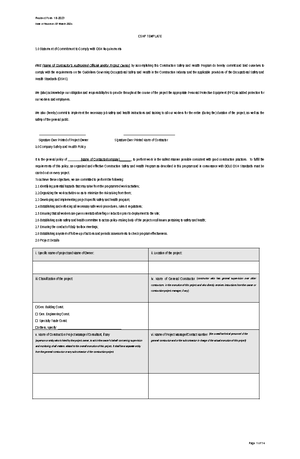- Information
- AI Chat
Was this document helpful?
Draft activity module 4
Course: Politics, Governance, and Citizenship (GEED 20023)
93 Documents
Students shared 93 documents in this course
University: Polytechnic University of the Philippines
Was this document helpful?

MODULE 4: POLITICAL IDEOLOGIES PART 2
2. Using the table provide for you, significant political events/changes that occurred
during the World War Era and in the Post War Era. Mention the country/countries
involved and a brief discussion with regards to the said phenomena. Straightforward
explanations will be better.
POLITICAL
IDEOLOGY
WORLD WAR ERA POST WAR ERA
MARXISM The Battle of Stalingrad –
Germany and Russia (17 July
1942 - 2 February 1943)
On the Eastern Front,
Stalingrad was among the
Second World War's most
significant battles. Within
this strategic military city
on the Volga river, which
claimed the name of the
Soviet leader, Josef
Stalin, the Soviet Union
dealt a devastating blow
to the German Army.
shifts in culture and
economy
Capital has become
more concentrated
and centralized.
The instability of
economy and
periodic crises
Globalization
the rise of
monopolies
the fatal inclinations
of free market
economics
the development of
false necessities
the negative
significance of capital
resources
the working class's
potential for
revolution
The Battle of Berlin – Nazi
Germany and Soviet Union
(from April 16 to May 2, 1945)
The Soviet Union and
Nazi Germany engaged in
combat in Berlin, the
capital of Germany, from
April 16 to May 2 of 1945,
during the Battle of Berlin.
The Soviet forces invaded
Berlin on April 16th from
the east and south, swiftly
overrunning the German
defenses in the north.
COMMUNISM The Battle of Iwo Jima – Japan
and America (19 February
1945 to 26 March 1945)
On February 19, 1945,
American forces landed
on the island, beginning
the five-week-long Battle
of Iwo Jima. Nearly 7,000
Marines and all 21,000 of
Some nations have a
state-owned
economy where all
firms and properties
are owned by the
state (the means of
production).
The market economy





